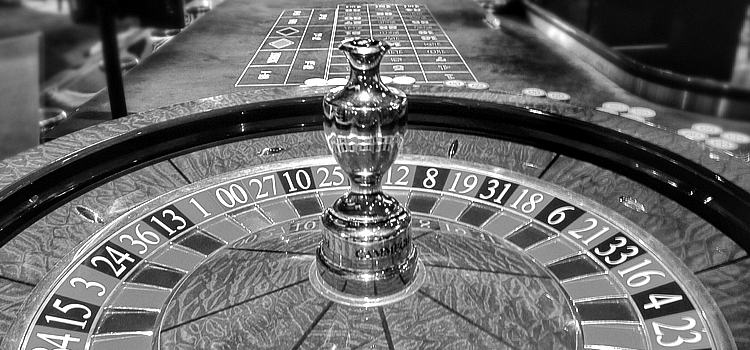
The Wall Street Journal once released an article that shows the average 3 hour major league baseball game averages approximately 18 minutes of actual action. That means there is absolutely nothing happening 90 percent of the time. During those 18 minutes of real baseball action, the plays themselves last less than 30 seconds each in most instances. Because of the rarity and unpredictability of substantive plays, it is really important to be in your seat for the entire duration of the game. The same applies to investing in the stock market:
To get the best returns you should stay in your investing seat, because substantive stock market movements can be just as rare and unpredictable.
Let’s take a look at the S&P 500 to see what happens to your investment performance if you miss a SMALL number of the BEST performing days in the market. Looking at a period of over 44 years, from 1970 through 2013, which equates to more than 10,000 trading days in stock market. During this time period there was a lot market turmoil including: the 1973 Oil Crisis, the 1987 Black Monday Market Crash, the 2000 Tech Bubble, and most recently, the 2008 Financial Crisis. Despite all these major negative market events, the S&P 500 Index still delivered an average annual return of 10.4%, which means, $1,000 invested in 1970 would have grown to over $77,000 by the end of 2013.
However, despite the fear your might have justifiably felt due to the turmoil that had occurred during this time period, you had to be “in your seat” to get that return. History has shown time and time again that investors are compensated for battling that fear or any other urges they may have to leave their seat.
Had you “left your seat” and been out of the market and missed just the BEST 25 days over that 44 year period, your return would have dropped from 10.4% to 6.86%, growing your $1,000 to less than $19,000 rather than over $77,000….trying to forecast which days to be in or out of the market is a guessing game that can be very costly for investors.
So what’s the solution?
Focus on spending “Time in the market” instead of trying to “Time Markets”. Like staying in your seat to enjoy the entire ballgame, staying in the market will improve your overall investment experience. Attempting to time the market and making guesses on when the right time to be in your seat is based on short-term day-to-day noise is called “speculating” as opposed to “investing”. Investing in a properly diversified portfolio of low-cost index funds and staying in your seat over the long-term gives you the greatest odds of success.
So the choice is yours…
You can be a speculator and try to beat the market at the expense of staying in your seat and missing the opportunities for success. Or, you can choose to be an investor and let the market work for you!

